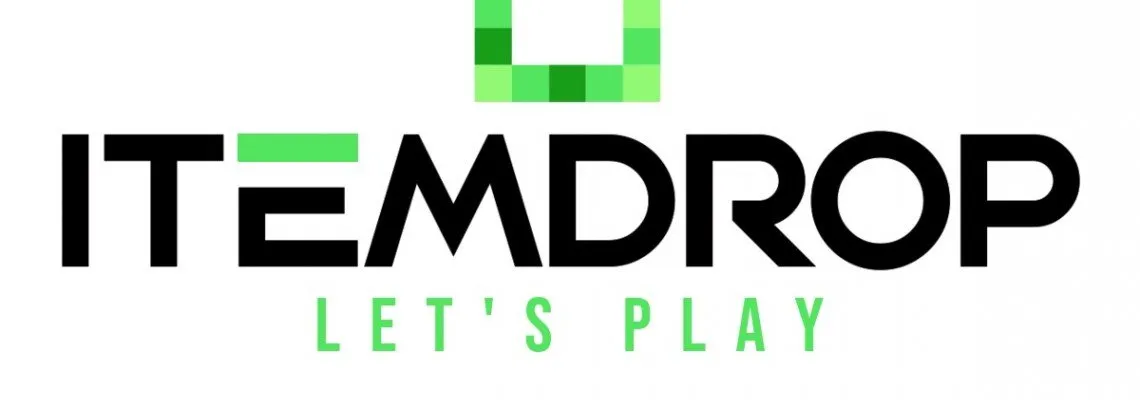Fair Access to Online Marketplaces and Level Playing Fields

This statement is intended for wholesalers/manufacturers concerning marketplace restrictions.
At Itemdrop, we believe fairness means independent retailers should have the same freedom to sell where customers shop. Increasingly, brands are restricting stockists to in-store and website sales only, while keeping platforms like Amazon and eBay for themselves.
We cannot support this model. Below, we explain why - and why we will not work with partners who enforce such restrictions.
The Marketplace Problem (Amazon & eBay)
We cannot agree with being restricted to in-store and website-only sales. As a small business, our future relies on online visibility and access to wider marketplaces such as Amazon, where many of our customers check prices while standing in our shop. Only yesterday, a couple said openly, “It’s nice to see them properly, we’ll look online later.” This is a common and concerning trend, and it effectively reduces us to a marketing platform without compensation.
While some manufacturers say such restrictions are intended to protect high street partners (of which we are one), the reality is that their own presence on Amazon, combined with far stronger marketing power, undercuts independents. Retailers like us are left shouldering the costs of stocking and promoting products, while sales are diverted to controlled online channels.
Some may argue that independent retailers simply need to adapt to change. We do, constantly, but there is a key difference: we should not have to adapt to challenges created by our own "partners". When restrictions are imposed on how and where we can sell, the burden is artificially placed on us rather than arising from natural market shifts.
We are aware of the monopolisation of marketplaces. Recently, we even received an email where another business openly copied in an agency specialising in how to “maximise profits on Amazon” during a wholesale discussion concerning the marketplace restrictions, underlining how deeply this issue runs. Regulators in the EU and US are already beginning to scrutinise these practices as anti-competitive, and the UK will hopefully follow suit. We have already raised our concerns with our local MP, though meaningful change will take time.
Restricting small businesses to physical sales places us at a severe disadvantage in an increasingly direct-to-consumer economy. If brands wish to reserve platforms such as Amazon and eBay exclusively for themselves, then, for reasons of fairness, they should also refrain from offering wholesale supply. Wholesale, by its very nature, reduces a manufacturer’s control - “you cannot have your cake and eat it too.”
We cannot support a model where companies monopolise online channels like Amazon and eBay, while expecting independent retailers to carry the cost of stocking and promoting their products. A fair and sustainable approach would be to give independent stockists the same freedom to sell across all available channels, ensuring that high street and online retail can coexist rather than compete unfairly. Without fair access to these marketplaces, the future of independent retail will remain under threat.
We don’t want special treatment - just a level playing field. Let independents sell where customers shop, or risk losing the high street altogether.





















































